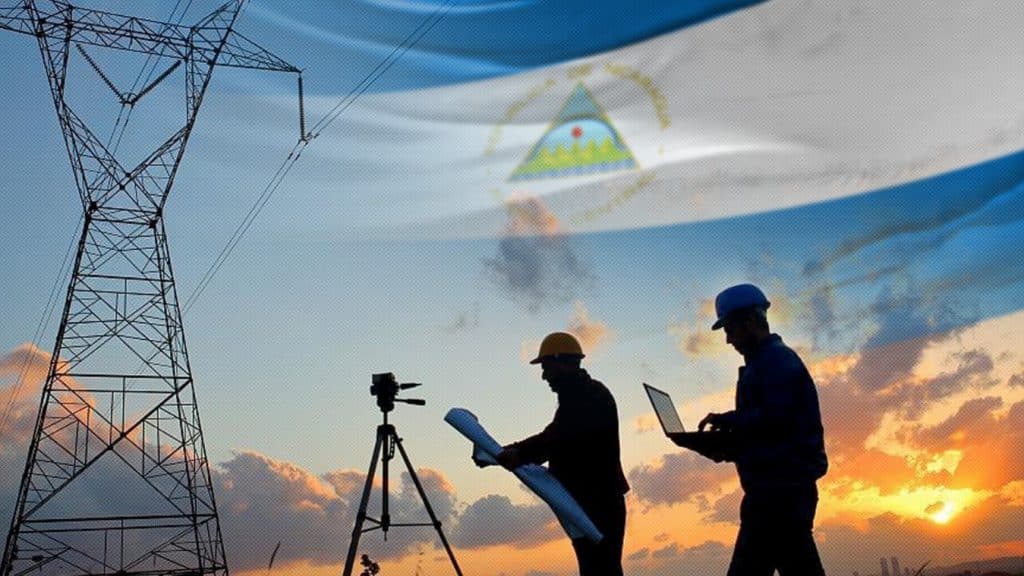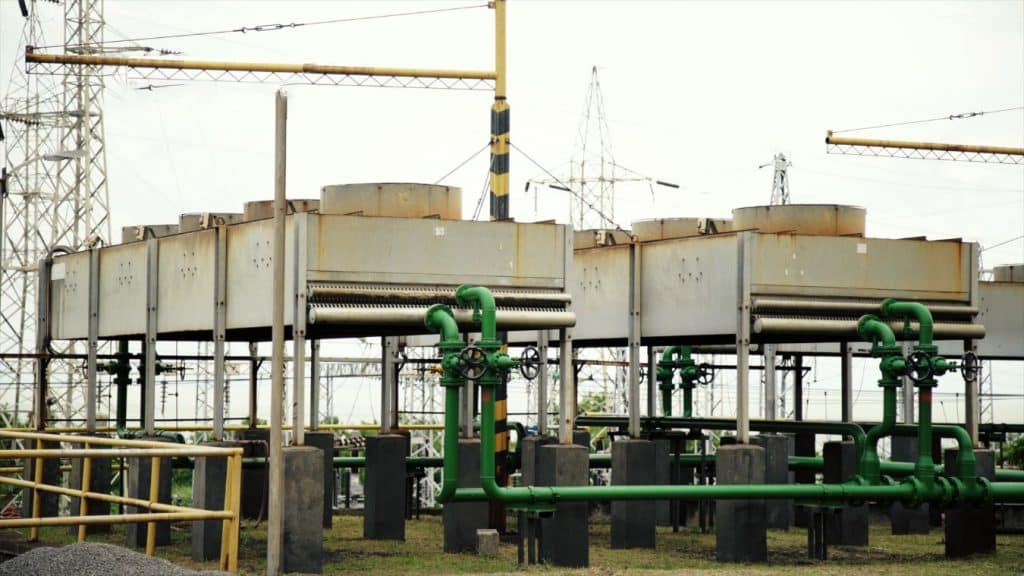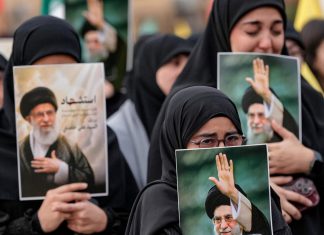
Nicaragua stands out with efficient capacity to guarantee the supply of electricity to its citizens, in the face of the recent challenges arising from the El Niño Meteorological Phenomenon, which has affected Central America.
Records of the National Electric Transmission Company (Enatrel), detail that while other countries in the region have faced difficulties in power generation, during the months of May to July 2023, Nicaragua has been able to meet demand and the increase in consumption caused by the heat wave that increased the use of air conditioners and fans, due to the diversity of its generation matrix.
Nations such as Costa Rica (74%), Panama (69%), Guatemala (50%), Honduras (39%) and El Salvador (30%) have experienced significant reductions in hydroelectric generation.

However, Nicaragua has managed to maintain its hydroelectric contribution, which represents 13% of the electricity consumed. This has been possible thanks to the efficient management of the reservoirs, and it is noted that Apanas Lake has gradually recovered its level and has already exceeded the average values.
Geothermal energy in Nicaragua
In addition, Enatrel, details that other effective measures have been taken to guarantee the energy supply, such as the extension of the term of wind generation, taking advantage of the good winds registered in recent months. Geothermal energy production has also remained stable and the production period in sugar mills has been extended by burning other biomass.
During this period, Nicaragua has managed to maintain stability in energy generation, including the proper functioning of thermal plants. Unlike other neighboring countries, Nicaragua has not declared a state of emergency or implemented energy rationing.
You can also read: Development of the Free Trade Agreement between China and Nicaragua advances steadily
In addition, the transactions of purchase and sale of energy that were limited during the El Niño phenomenon have been resumed, which has allowed the return to ordinary transactions in the Regional Electricity Market (MER)including imports of up to 180 Megawatts (MW) from the first week of July.
It might interest You: Daniel Ortega: La OTAN quiere instalarse como los amos del planeta
The records presented by Enatrel show how Nicaragua ensures a reliable and sustainable electricity supply, even in adverse weather situations, for the benefit of the entire Nicaraguan population. The diversification of the energy matrix and the implementation of effective measures are an essential part of this strategy.





